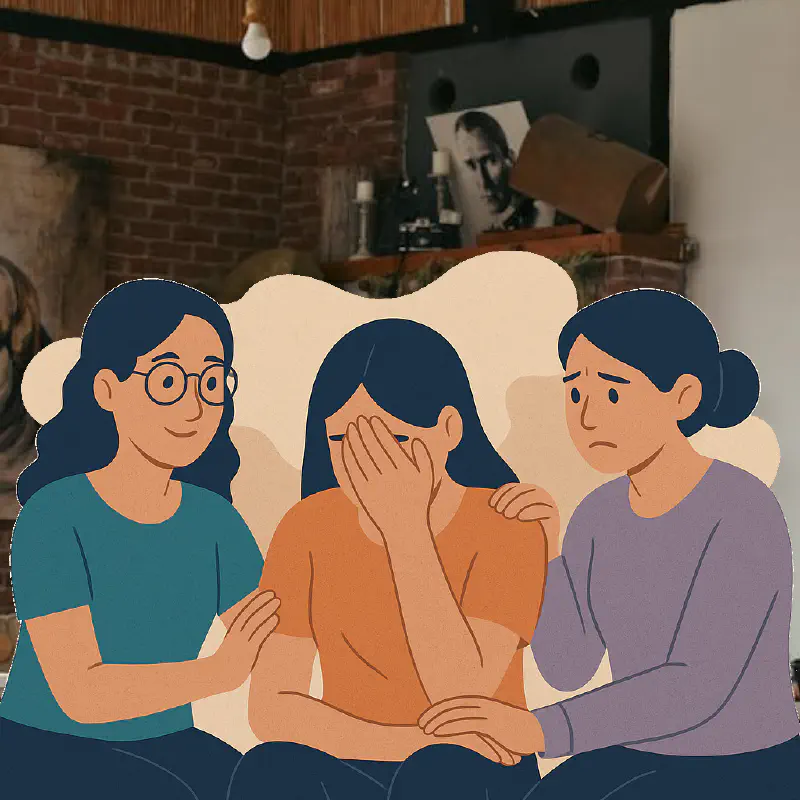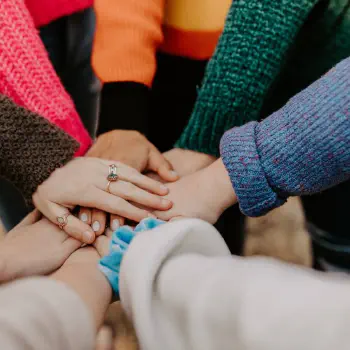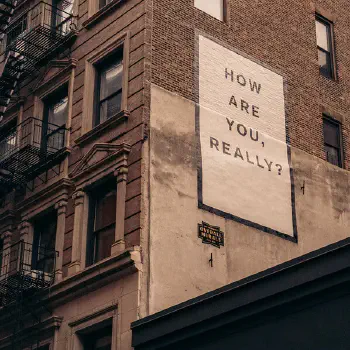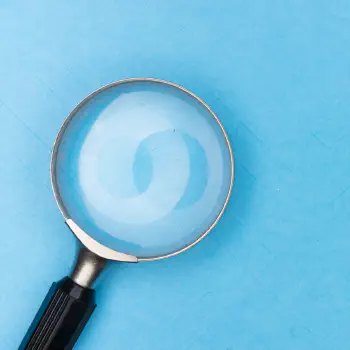Sometimes, the hardest part of healing from abuse isn’t just the pain we carry-it’s the silence that often surrounds it. The feeling that no one else could possibly understand. The weight of carrying these experiences alone. If you’re reading this, perhaps you’ve felt this too, and I want you to know something important: you are not alone, and it’s not your fault.
Support Groups Can Help.
When we’re navigating the aftermath of abuse, it can feel like we’re trapped in an invisible bubble, watching the world go by while carrying a weight that others can’t see. But there’s something transformative that happens when we find others who understand-not just professionals who can guide us, but people who have walked similar paths.
This is where support groups come in. They’re not just meetings-they’re sacred spaces where your story is heard, where your experiences are validated, and where you can witness firsthand that healing, while not linear, is possible.
Why Consider a Support Group?
You might be wondering if a support group is right for you. Perhaps you’re thinking:
- “I’m not ready to share my story yet”
- “What if it’s too overwhelming?”
- “Will I have to talk about everything?”
- “Can I really trust others with my experiences?”
These are all valid concerns. The beauty of support groups is that they understand these hesitations. You’re never required to share more than you’re comfortable with. Sometimes, just being in a space where others understand can be healing in itself.
What Support Groups Can Offer
Validation: There’s power in hearing “I believe you” and “it wasn’t your fault”-especially from others who truly understand.
Safety: These spaces are carefully designed to be emotionally safe, with clear boundaries and trained facilitators.
Learning: You can learn about coping strategies that have worked for others, understanding trauma responses, and ways to navigate relationships.
Hope: Seeing others at different stages of their healing journey can provide hope and practical insights for your own path.
Support Groups Available in India
Note: The following groups are specifically for adult survivors (18+ years). If you’re under 18 or in immediate danger, please reach out to emergency services or contact CHILDLINE India at 1098.
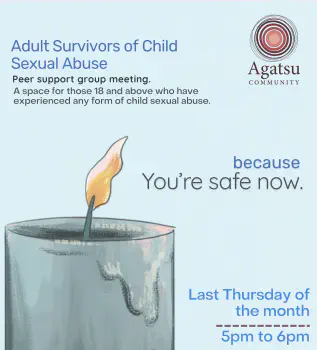
Adult Survivors of Child Sexual Abuse
Hidden
- Community Run
- Last Thursday of every month
- 📌 Mumbai
- ₹ 0
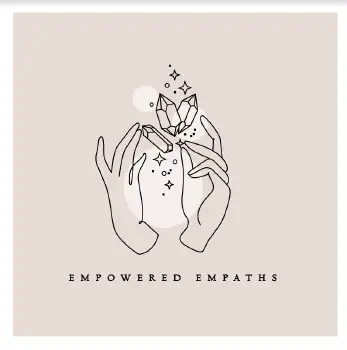
Empowered Empaths (Narcissistic Abuse Support Group)
Hidden
- Community Run
- Twice a month, Flexible days.
- ₹ 550
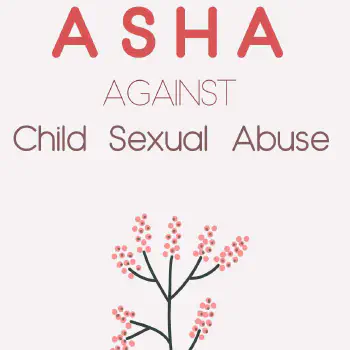
ASHA Against CSA (Child Sexual Abuse Survivors Support Group)
Hidden
- Facilitator Bio Included 🤗
- Community Run
- Monthly
- ₹ 250
Important Things to Know
You Set the Pace: There’s no timeline for healing. You can attend sessions and simply listen until you feel ready to share.
Confidentiality: These groups maintain strict confidentiality policies to ensure everyone’s safety and privacy.
Professional Support: While peer support is powerful, these groups also have mental health professionals available when needed.
Trigger Management: Sessions are structured to include grounding techniques and emotional safety checks.
Taking the First Step
If you’re considering reaching out, remember:
- You don’t have to have everything figured out
- You don’t need to commit long-term-you can try one session
- You can bring a trusted friend or family member (check with the group first)
- It’s okay to be scared-courage isn’t the absence of fear, but moving forward despite it
Additional Support Options
While support groups can be incredibly healing, they’re not the only path. You might also consider:
- Individual therapy with a trauma-informed professional
- Crisis helplines for immediate support
- Online communities and forums
- Creative expression through art, writing, or movement
A Gentle Reminder
Healing isn’t a linear journey. There will be good days and challenging days. What matters is that you’re taking steps to care for yourself, and that alone is an act of courage. Whether you decide to join a support group now, later, or never-your journey is valid, and you deserve support in whatever form feels right for you.
If you’re in immediate crisis or need urgent support, please contact these helplines or a local emergency service.
Remember: Your story matters. Your healing matters. And you are not alone in this journey.
